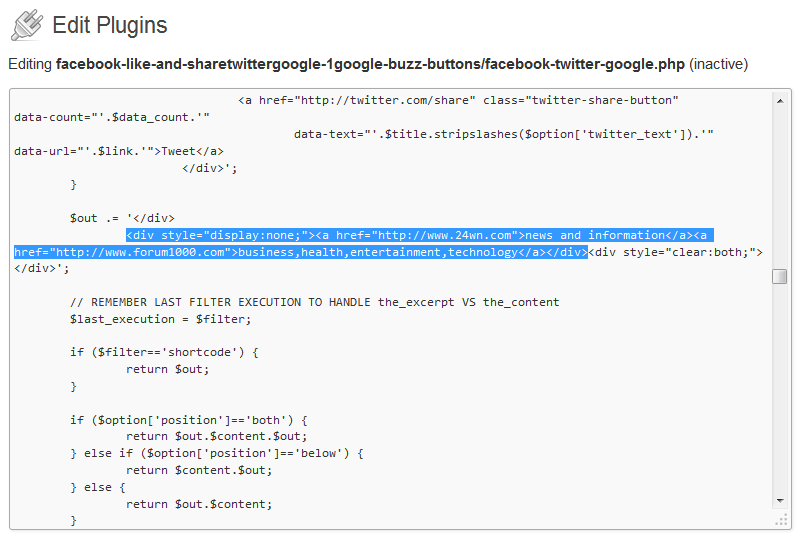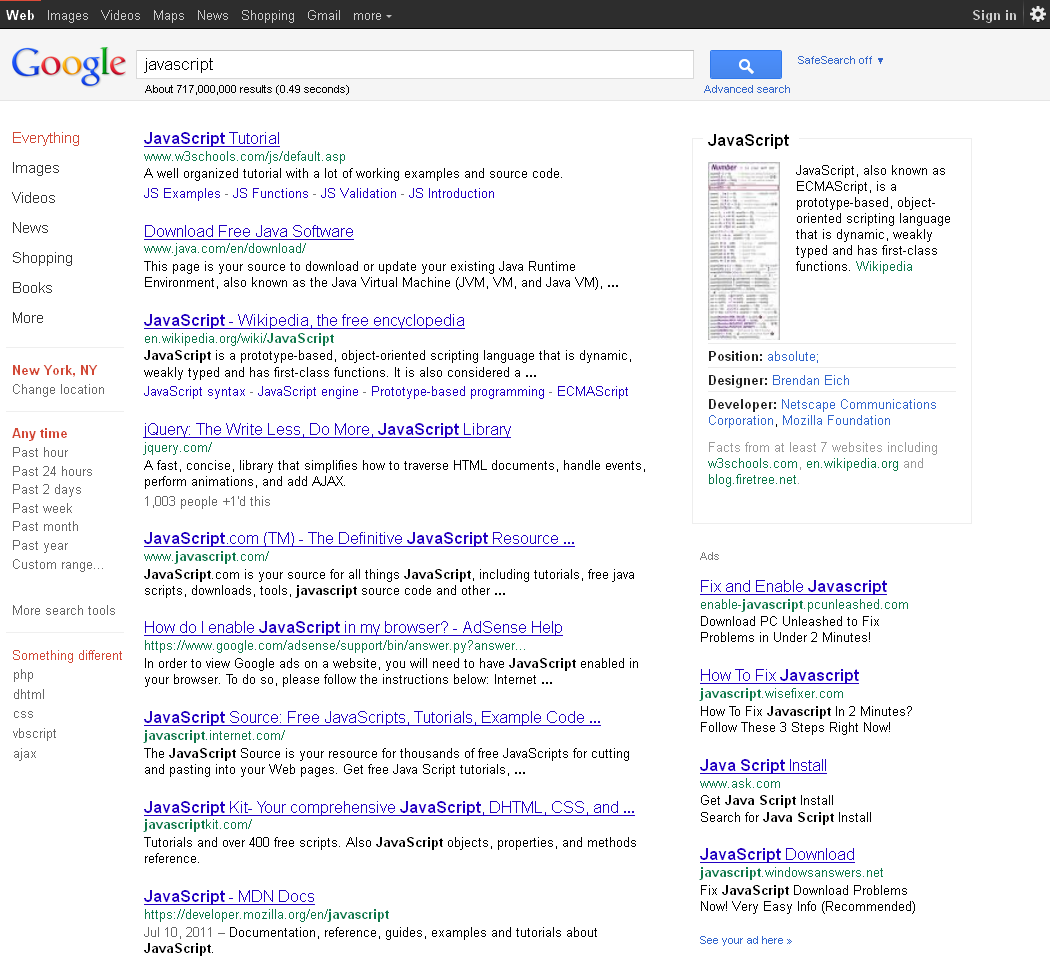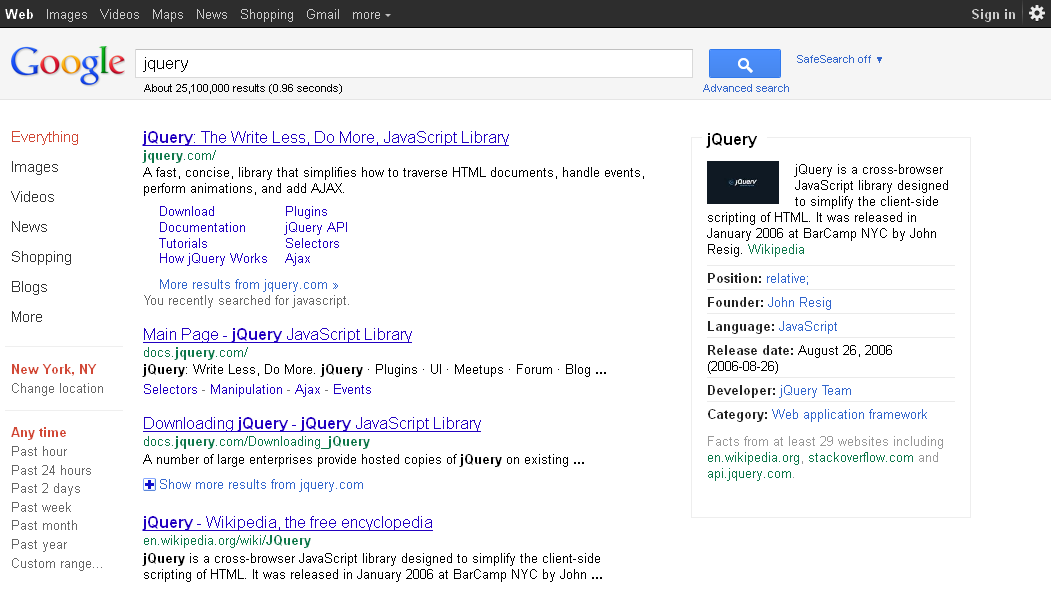It’s been a while since I’d been to an SEO meetup (it seems like all of the big players stopped running them), so I was delighted to see a great panel sponsored by Yext. There were a few good industry friends, as well as other talented folks. The full lineup was:
- Mike King, Founder & Digital Marketing Consultant at iPullRank.com
- Matt Ramos, Product Manager at LocalVox
- Rhea Drysdale, CEO at Outspoken Media
- David Minchala, SEO Manager at Yodle
There was a ton of great information, especially about personas and personalization. Below is my liveTweet coverage of the meetup:
Google autocomplete is your business’ true first impression to your customers. -rhea #yextalks @yext #SEO #ReputationManagement #LocalSearch
— Kenny Chung (@kennySHARKchung) July 9, 2015
To scale local content strategy, define themes and task subject matter experts to localize. –@iPullRank #yextalks @yext #LocalSearch #SEO
— Kenny Chung (@kennySHARKchung) July 9, 2015
If you’re running a large agency that can’t write localized content for every region, it makes sense to broadly define which topics you should cover (either based on current performance or what the top ranking sites have) and then have subject matter experts write specific local content. This is far better than just repurposing the same content for every region.
Use local targeted campigns to test if content demand actually exists around a topic. –@daveminchala #yextalks @yext #LocalSearch #SEO
— Kenny Chung (@kennySHARKchung) July 9, 2015
Paid search can tell you very quickly if people are actually searching for a specific topic in a region.
If you can’t make it, curate it. –@mattram0s (paraphrased by @wardchristianj) #yextalks @yext #SEO #LocalSearch
— Kenny Chung (@kennySHARKchung) July 9, 2015
Sometimes, curating content provides enough value for Google to rank your site well. However, you must, must, must provide some sort of value otherwise you risk duplicate content penalties.
Track assisted conversions and create unique KPIs for each consumer touchpoint. –@iPullRank #yextalks #GoogleAnalytics #SEO #CRO @yext
— Kenny Chung (@kennySHARKchung) July 9, 2015
Track users throughout their customer journey so you can better attribute eventual conversions. Each touchpoint should have specific goals that lead to the main site conversion. Optimizing for each touchpoint allows you to help move consumers along.
If you’re providing a #SaaS or a subscription business, follow users throughout their consumer lifestyle. –@daveminchala #yextalks #SEO #CRO
— Kenny Chung (@kennySHARKchung) July 9, 2015
The above should actually say “consumer life cycle”. Depending on your industry, you may want to track users throughout their anticipated cycle of use to see when potential dropoffs occur.
Leverage browser fingerprints to track users over time. Set Page Values in #GoogleAnalytics –@iPullRank #yextalks #SEO #CRO @yext #marketing
— Kenny Chung (@kennySHARKchung) July 9, 2015
Browser fingerprints allow you to identify specific users, or specific subsets of users. If you track specific groups over time and set page values, it will help you refine your conversion path and user goals.
If your client doesn’t have good KPIs, find out what their boss’ success metrics are. –@daveminchala #yextalks @yext #SEO #marketingtips
— Kenny Chung (@kennySHARKchung) July 9, 2015
This is a good one. If your client doesn’t know what their KPIs should be, find out what their boss is judged on, and start from there. Very good advice for any type of marketing initiative.
Next big thing in #SEO? @Rhea @iPullRank & @daveminchala agree it’s Google personalization & its ability to anticipate your needs #yextalks
— Kenny Chung (@kennySHARKchung) July 9, 2015
Three of the four panelists agreed that the next big thing in SEO is personalization. Google will be able to show and tell you what you need before you tell them. Google Now is an example of this.







